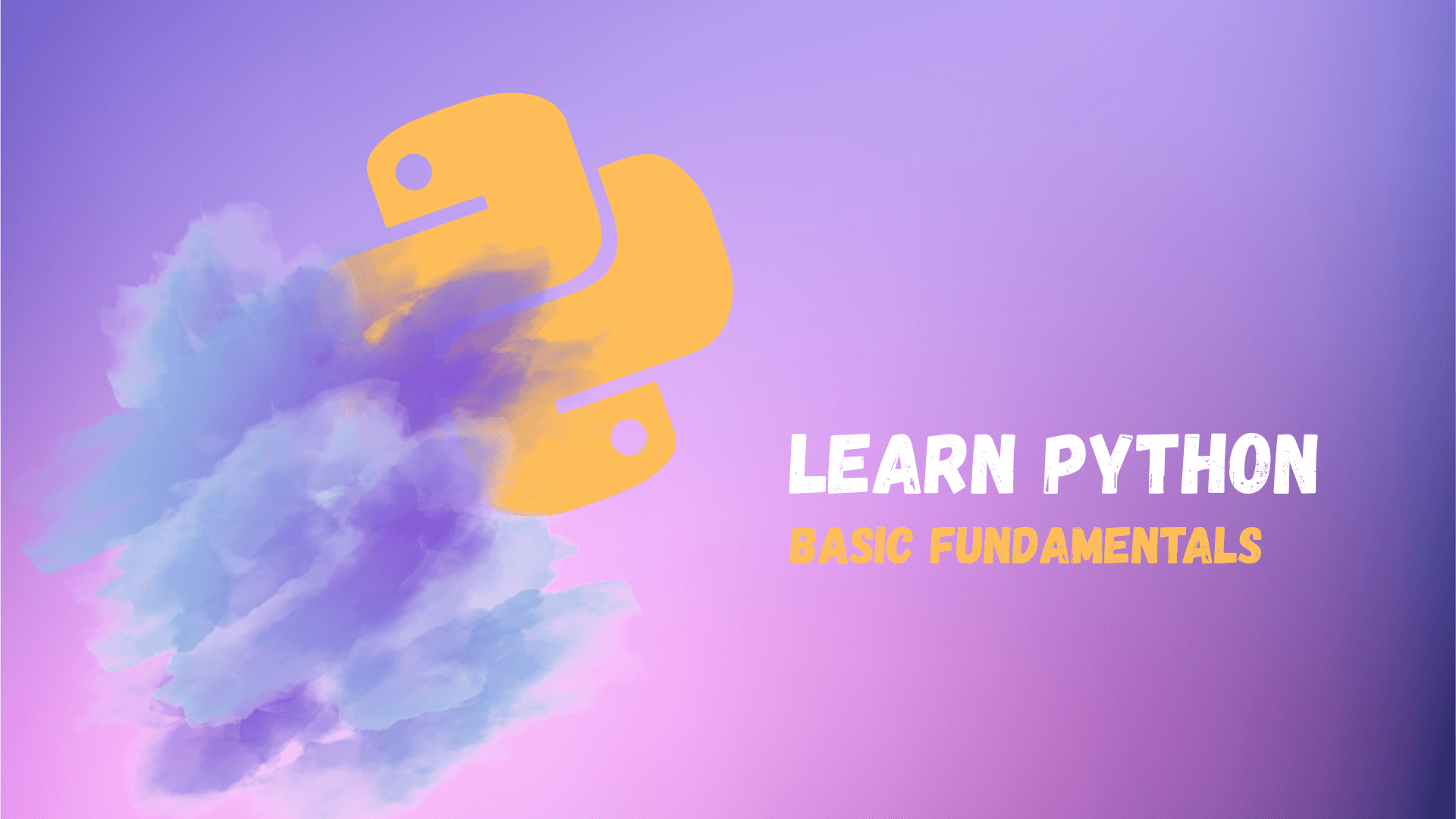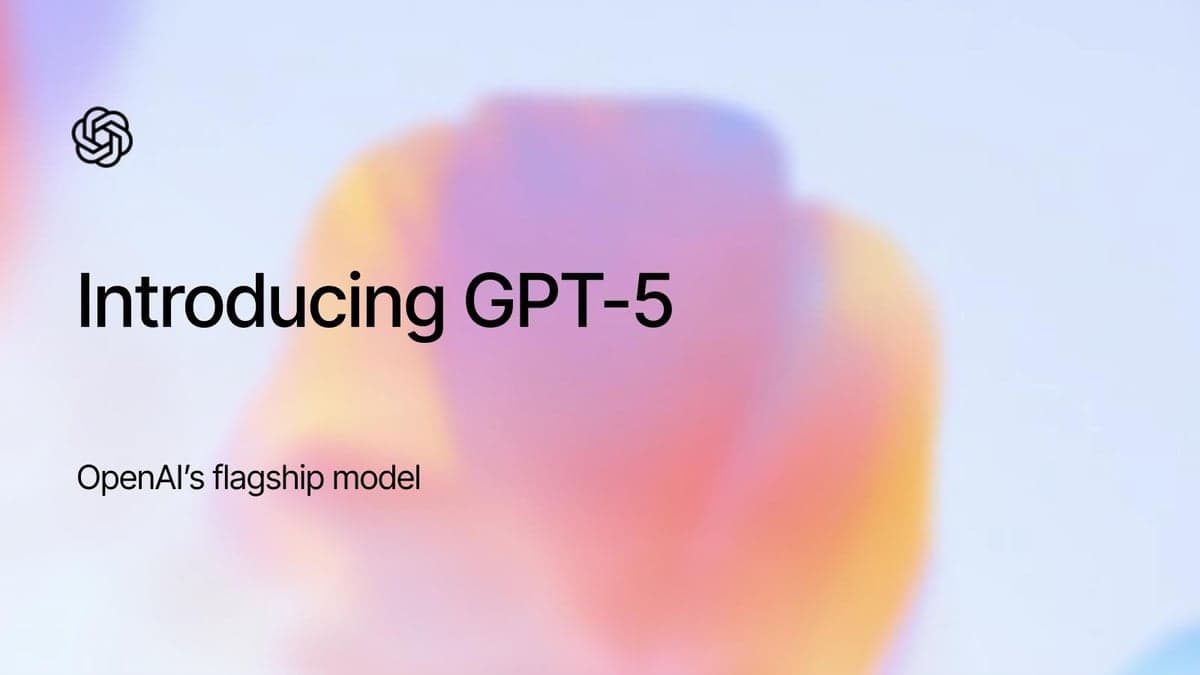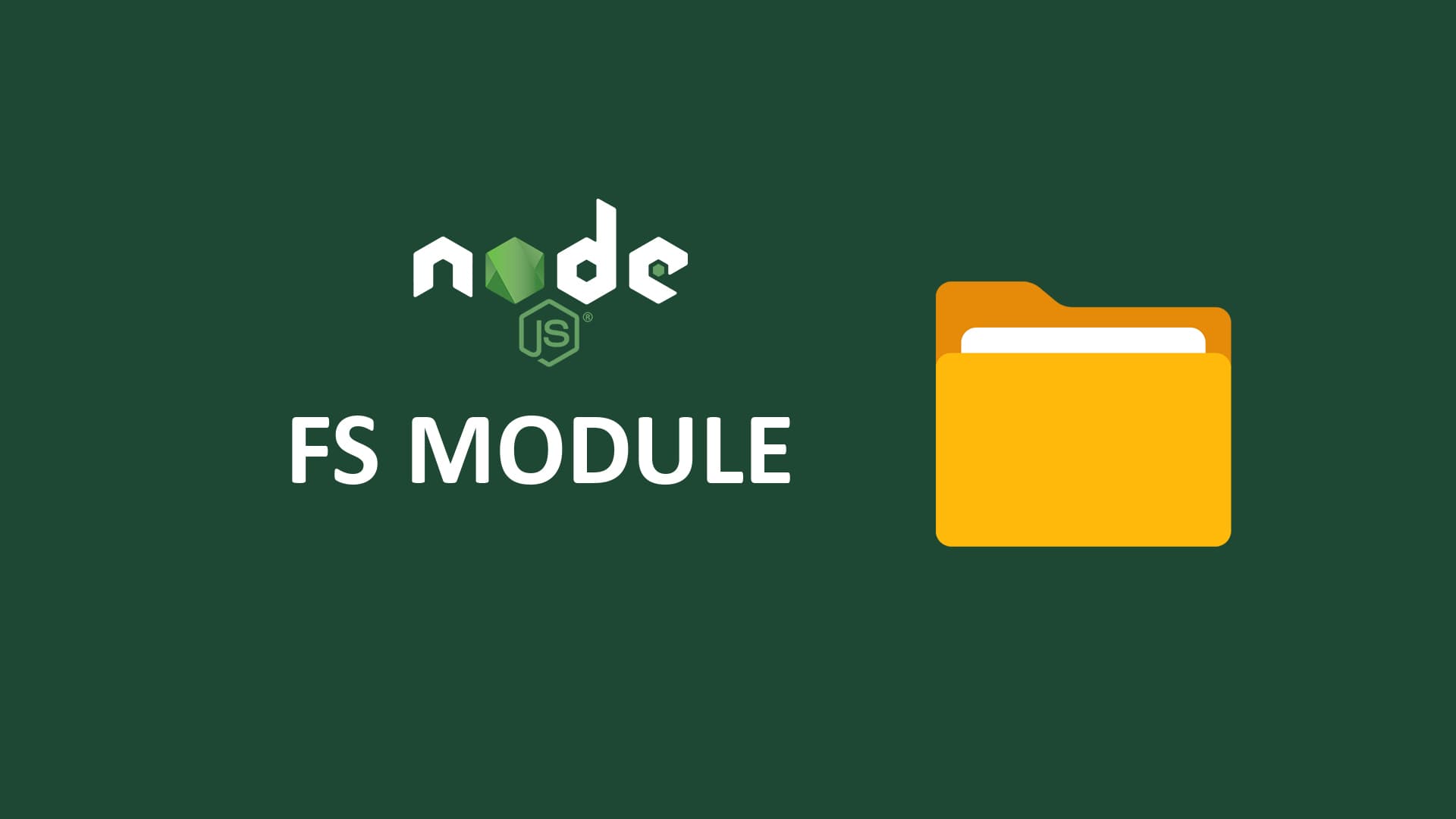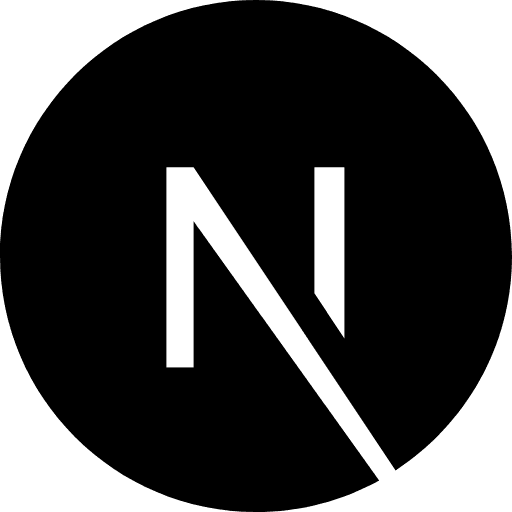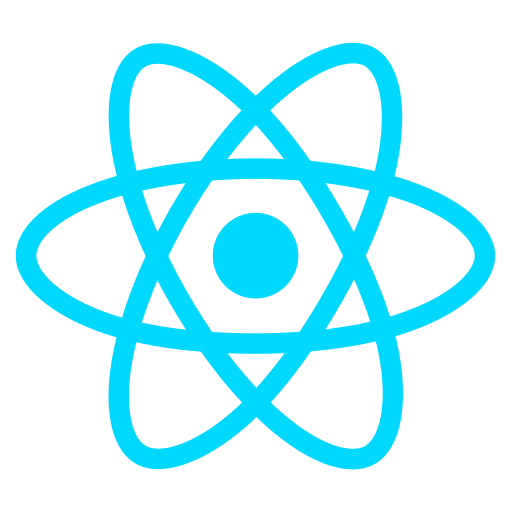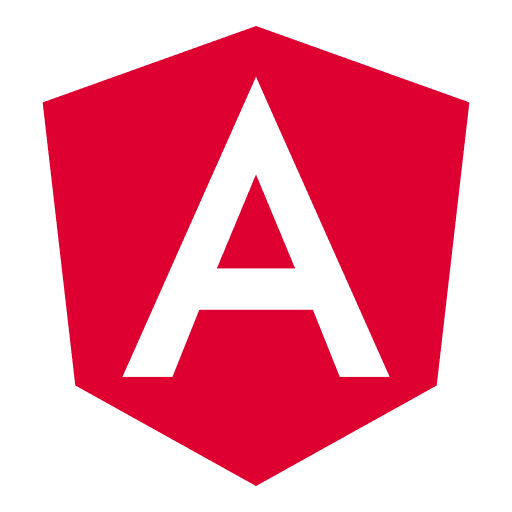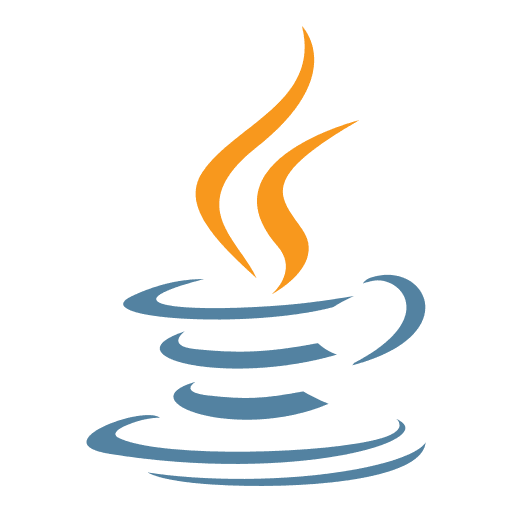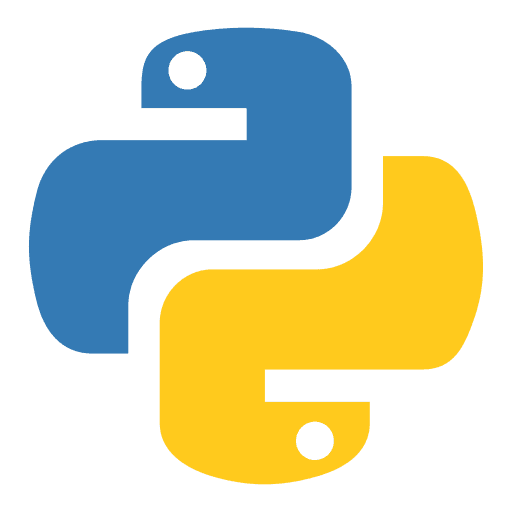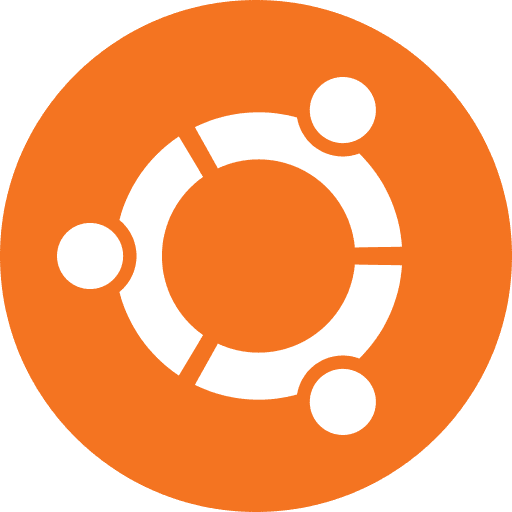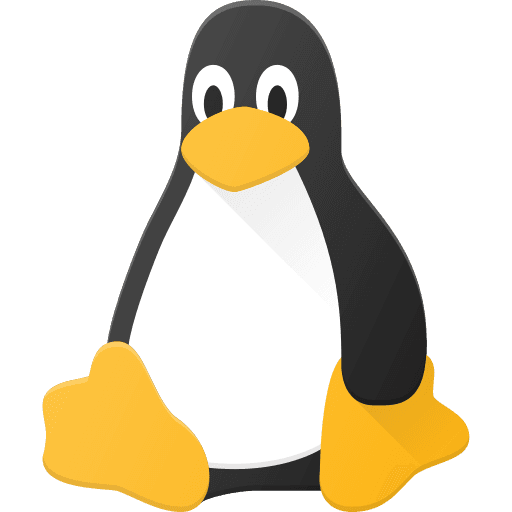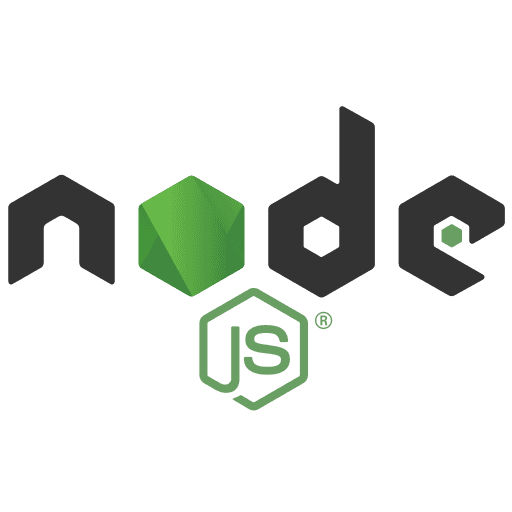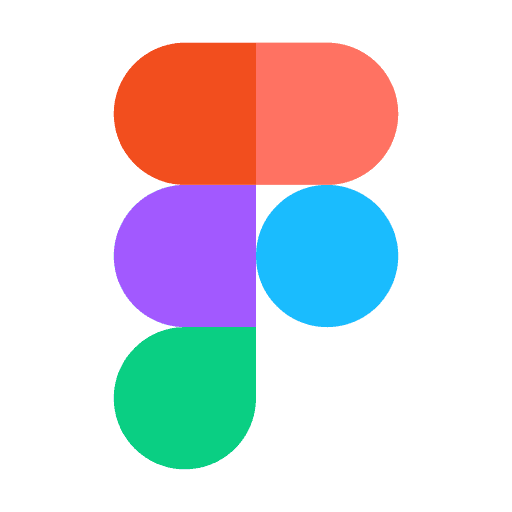CONTENTS
- Text
- Code
- Text
- Future-Ready Use Cases
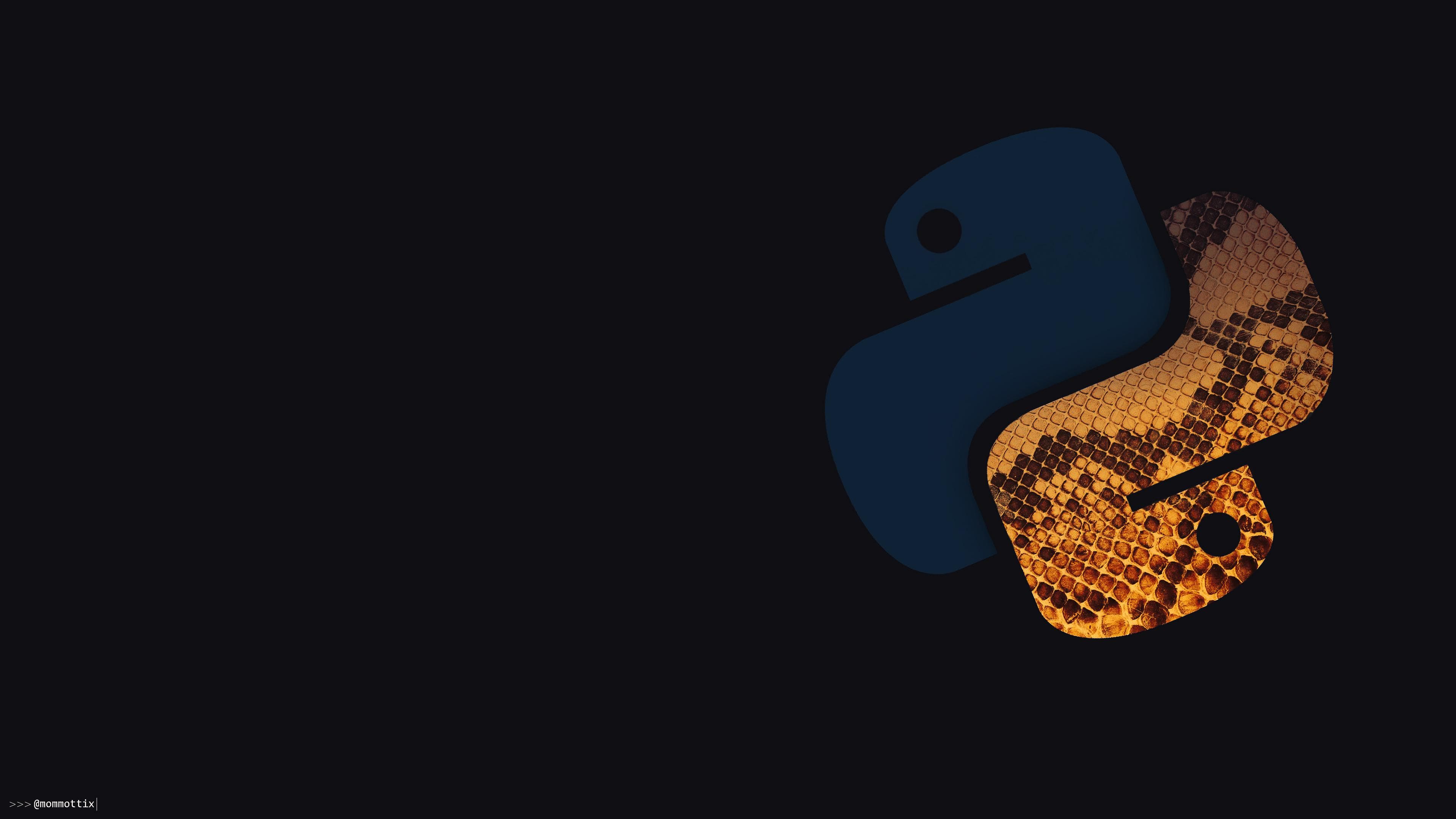
Why Should We Learn Python in 2025 – A Complete Guide to the Future-Proof Language
1. Python’s Unwavering Popularity
As of 2025, Python remains one of the most loved and widely used programming languages. It consistently ranks at the top of the TIOBE Index and Stack Overflow Developer Surveys. This popularity is not just a trend—it's a testament to Python’s versatility, readability, and applicability across industries.
- Top 3 in most developer popularity surveys
- Used by tech giants like Google, Meta, Netflix, and NASA
- Massive global developer community support
2. Beginner-Friendly Syntax
Python is known for its simple, readable syntax, which closely resembles English. This makes it the ideal language for beginners who want to learn programming concepts without getting bogged down in complex syntax rules.
Example: Hello World in Python
Code is loading.
print("Hello, World!")Compare this with more verbose languages like Java or C++, and Python becomes an obvious choice for anyone starting their coding journey.
3. Future-Ready Use Cases
One of the strongest reasons to learn Python in 2025 is its applicability in cutting-edge technologies. From AI to quantum computing, Python is being used everywhere.
3.1. Artificial Intelligence and Machine Learning
Python has become the de facto language for AI and ML, thanks to powerful libraries like:
- TensorFlow
- PyTorch
- Scikit-learn
- Keras
Its simplicity allows data scientists and ML engineers to focus more on solving problems than on syntax errors.
3.2. Data Science and Analytics
Python’s popularity in data analysis continues to grow. Tools like Pandas, NumPy, and Matplotlib make data manipulation, analysis, and visualization effortless.
3.3. Automation and Scripting
Python is widely used for automating repetitive tasks—from file management to web scraping—making it a favorite for system administrators and tech-savvy professionals.
3.4. Web Development
Frameworks like Django and Flask allow developers to build scalable, secure web applications rapidly. Python is ideal for startups and enterprise-level applications alike.
3.5. Cybersecurity
In 2025, cybersecurity is more important than ever. Python’s scripting capabilities, combined with libraries like Nmap, Scapy, and Requests, make it a valuable tool for penetration testers and security researchers.
4. Cross-Platform Compatibility – Write Once, Run Anywhere
One of Python’s most powerful and underrated strengths is its cross-platform compatibility. In an era where software needs to operate across a variety of environments—laptops, servers, cloud platforms, and even mobile devices—Python’s ability to run seamlessly on multiple operating systems gives it a major advantage.
Python Works Everywhere
Python is available on virtually every modern platform, including:
- Windows
- macOS
- Linux and Unix variants
- Android (via tools like Kivy or BeeWare)
- iOS (with some configuration through tools like Pyto or BeeWare)
- Embedded systems and microcontrollers (via MicroPython and CircuitPython)
This wide support means that developers can write code once and run it in different environments with minimal or no changes. This is particularly valuable for teams working in mixed-OS environments or deploying to cloud servers running Linux while developing locally on Windows or macOS.
Why It Matters in 2025
In today’s cloud-native, device-agnostic tech world, applications and tools need to work everywhere. Here’s why Python’s cross-platform nature is more critical than ever:
- Remote and Distributed Workforces: Developers may work on different machines using different operating systems. Python ensures compatibility across teams regardless of their setup.
- Cloud Computing: Most cloud servers (e.g., AWS EC2, Azure VMs) run Linux, but local development often happens on Windows or macOS. Python bridges that gap effortlessly.
- Edge and IoT Devices: Python is increasingly used in Internet of Things (IoT) devices through lightweight distributions like MicroPython and CircuitPython, which run on Raspberry Pi, ESP32, and other microcontrollers.
- Web and API Development: Frameworks like Flask and Django allow for development and deployment on any server environment, thanks to Python’s portable nature.
- Education: In schools, colleges, and bootcamps, where hardware and OS may vary greatly, Python ensures a consistent learning experience across all devices.
No Need for Platform-Specific CodeUnlike languages like C++ or Java that often require platform-specific compilers or runtime configurations, Python abstracts away much of that complexity. For most tasks, Python code doesn’t care whether it’s running on Windows or Linux—it just works.
5. Strong Job Market and Career Opportunities
Python developers continue to be in high demand across industries. Whether you're interested in web development, AI, data science, or fintech, Python opens doors to numerous career paths.
- Average salary for Python developers in 2025: $110,000 - $150,000 (USD)
- Roles include: Data Scientist, ML Engineer, Backend Developer, DevOps Engineer, Automation Tester
- Remote and freelance opportunities are abundant
6. Massive Ecosystem and Libraries
One of Python’s biggest strengths is its vast ecosystem of libraries and frameworks. Whether you’re working on finance, gaming, education, or robotics, there’s likely a Python package available to make your job easier.
- Financial Analysis: QuantLib, Zipline
- Gaming: Pygame
- Robotics: ROSPy
- Web Development: Django, Flask, FastAPI
7. Integration with Other Languages and Technologies
Python plays well with others. It can be integrated with languages like C/C++, Java, and R, and it is often used as a glue language to connect different systems and APIs. In a world increasingly reliant on APIs and microservices, Python’s ability to interface with a wide range of technologies is a significant advantage.
8. Excellent Community Support and Learning Resources
Python’s community is one of the largest and most welcoming. Whether you’re stuck with a bug or looking to contribute to an open-source project, the Python community has your back.
Some popular resources include:
- Official Python documentation (docs.python.org)
- Stack Overflow
- GitHub repositories and projects
- Online courses on platforms like Coursera, Udemy, and freeCodeCamp
9. Support for Education and Academia
Python is the first language taught in many universities and bootcamps around the world. Its clarity and ease of use make it ideal for teaching programming, algorithms, and computational thinking.
In 2025, more than 70% of introductory computer science courses in major universities use Python, and that trend continues to rise.
10. Python and the Cloud
Python is heavily used in cloud-based development and serverless architectures. Major cloud providers like AWS, Azure, and Google Cloud offer SDKs and APIs that are Python-compatible.
Whether you're building serverless functions or data pipelines, Python is often the preferred language for deploying and managing cloud services.
11. Sustainability and Longevity
Python has been around since 1991 and shows no signs of fading. The Python Software Foundation (PSF) actively maintains and evolves the language. With a strong roadmap and backward compatibility, Python is built to last.
Version 3.x, which continues to be improved as of 2025, includes features like async/await support, type hints, and pattern matching—ensuring Python remains modern and scalable.
12. Quantum Computing and Emerging Tech
Python is also finding its place in quantum computing research. Frameworks like Qiskit and Cirq are Python-based, allowing researchers and developers to experiment with quantum algorithms without diving into low-level quantum mechanics.
Conclusion: Python is the Future-Ready Choice
If you're wondering whether to learn Python in 2025, the answer is a resounding yes. It’s a versatile, powerful, and accessible language with applications across nearly every modern field of technology. Whether you're a beginner, a seasoned developer, or someone looking to transition into tech, Python equips you with a toolkit that will remain relevant for years to come.
Start learning Python today, and future-proof your career in a world that's increasingly powered by code.
